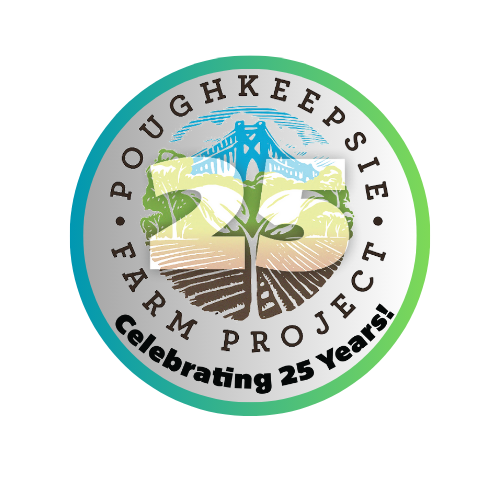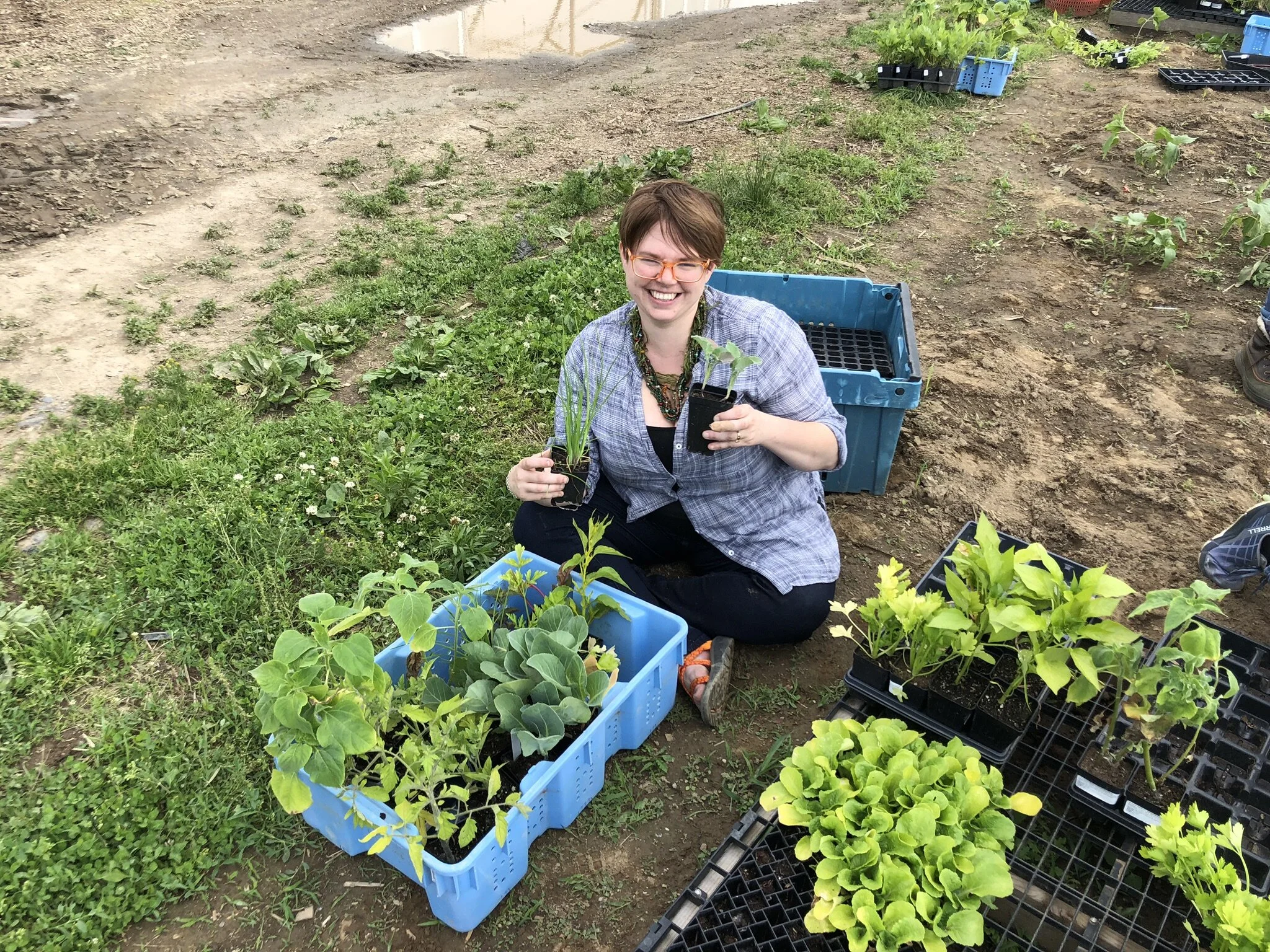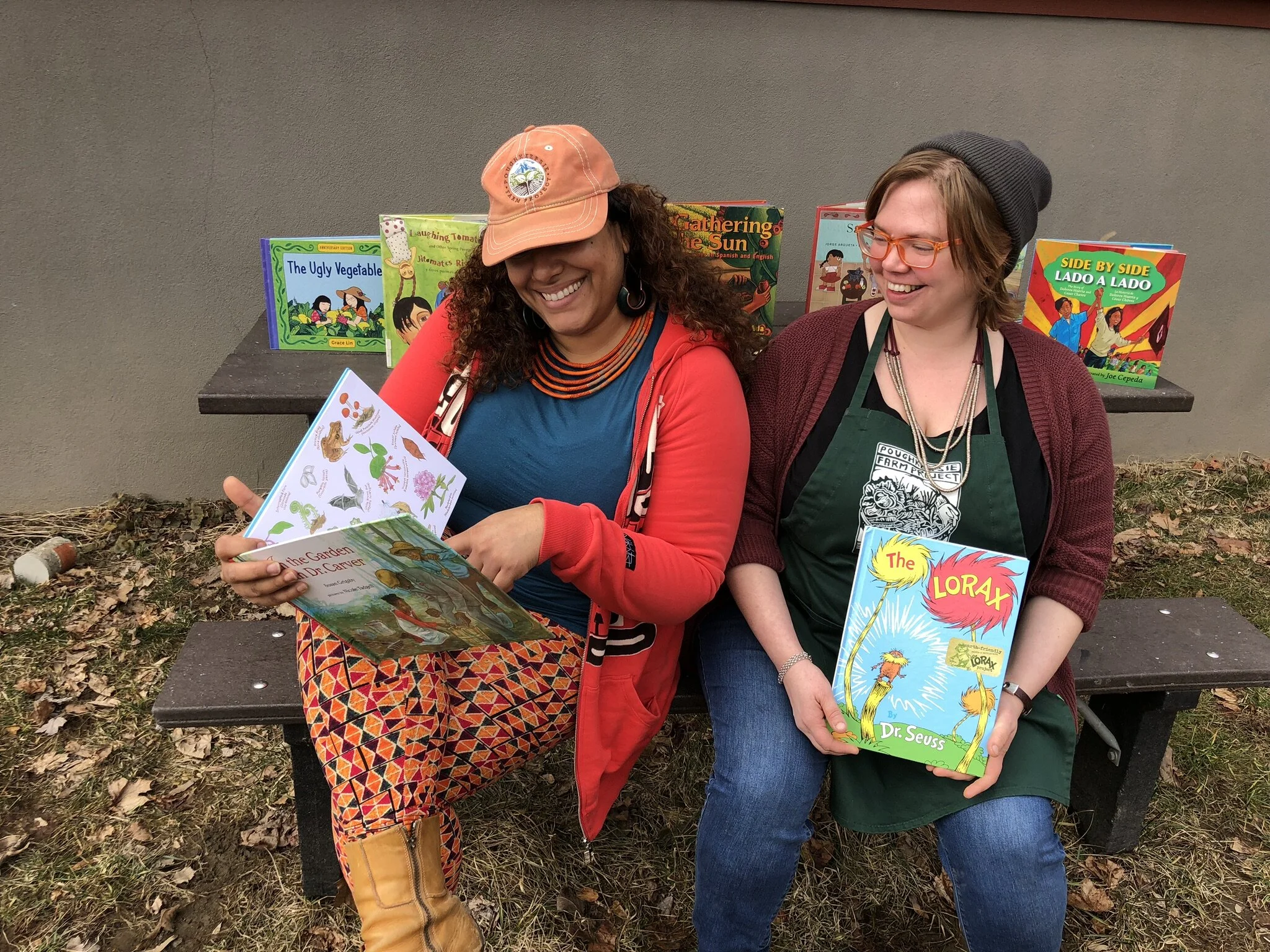As we get back to normal and return to the familiar routines of a new school year, let’s be mindful of the uneven toll the past 18 months has taken on our communities, especially in regards to access to education. We have all been impacted by the past year and a half of lockdowns, we have all experienced losses large and small and bear the emotional toll of a time spent in fear and isolation. Yes - AND - imagine how those losses and challenges are multiplied in communities facing food aparatheid, lacking access to internet and technology to connect to remote learning, where families are forced to make the impossible choice between going to jobs as essential workers OR missing paychecks to care for and educate their children. And imagine the even greater challenge faced by families who do not speak and read English as their primary language.
A major narrative in American culture is that education is a great equalizer that affords all young people the same opportunities to succeed and “pull themselves up by their bootstraps” as the saying goes. And over the past 18 months we have been forced to confront and question that myth as we’ve watched the socio-economic divides in our country widen and seen the disproportionate effect the pandemic has had on BIPOC communities, schools, and families. As we return to school and get “back to normal”, please consider that normal isn’t the ideal we should be holding ourselves to - we can do better than normal. Perhaps we can imagine and help manifest an educational system that truly centers equity and inclusion for ALL students. Our organization has realized we need to do more to make our programs and resources accessible to Spanish speaking families, and we acknowledge that we should have been engaging in language justice work long before now.
This is the work we ALL must do. As a White English-speaking educator, I recognize that I cannot sit back passively as my BIPOC and multilingual colleagues work to make our systems more inclusive and equitable. So I’ve been asking myself what can I do from my position of power and privilege to elevate this work? I can express gratitude for the often overlooked labor of translation and interpretation. I can brush up on my conversational Spanish skills. I can create a word-rich learning environment that includes spoken and written language in both English and Spanish. I can uplift the voices of my colleagues on the forefront of language justice work. I can be mindful of asking a bilingual coworker to join me if I know an event or program will be attended by Spanish speaking families. I can encourage bilingual youth to see their language skills as an asset and not a burden. I can say a few sentences in not-so-great Spanish when meeting multilingual youth and families to show that I’m making an effort and releasing my perfectionist tendency to always want to get it exactly right.
If you have Spanish-speaking and multilingual families and youth in your lives, I encourage you to do what you can to help them feel supported, resourced, and seen. If you have friends or colleagues who are engaging in language justice work, say thank you, let them know that their efforts are noticed and appreciated and are making a difference. And let them know that they aren’t alone in this fight, that you recognize we ALL have a responsibility for fostering more equity and resilience in our community.




